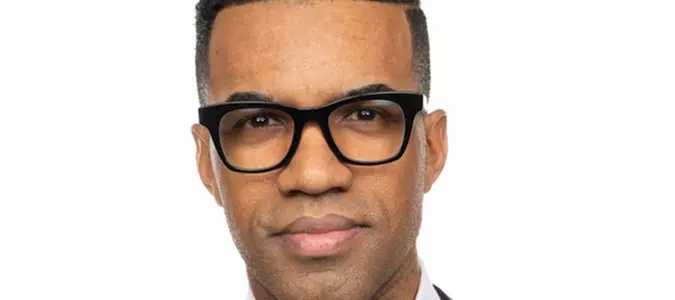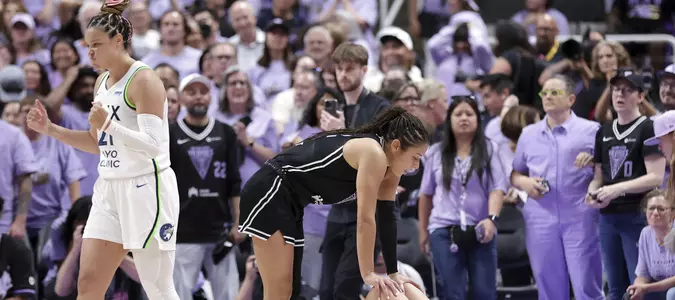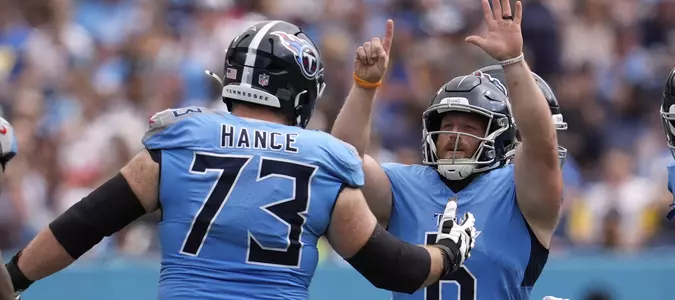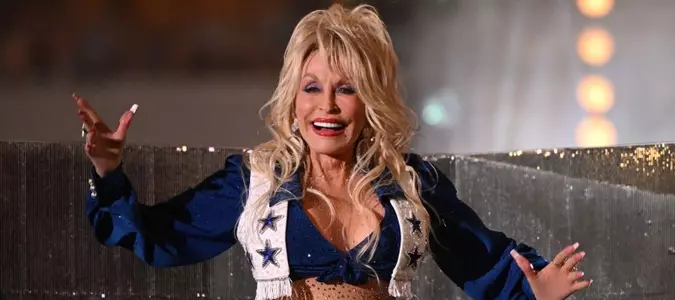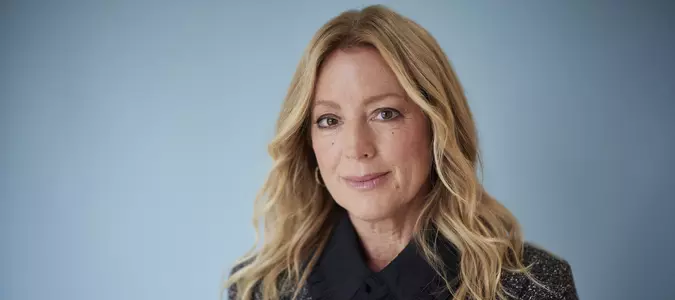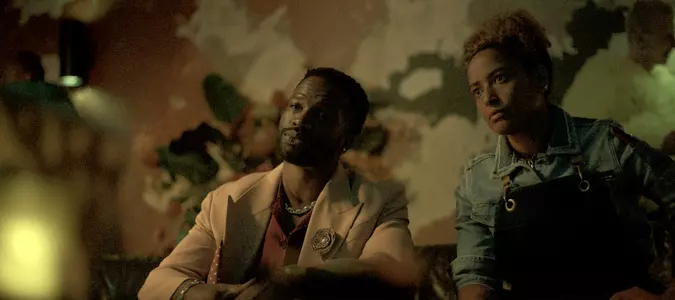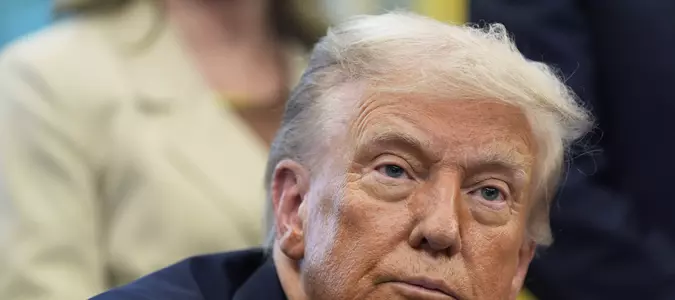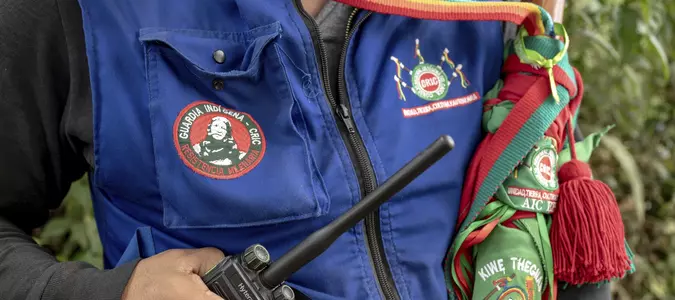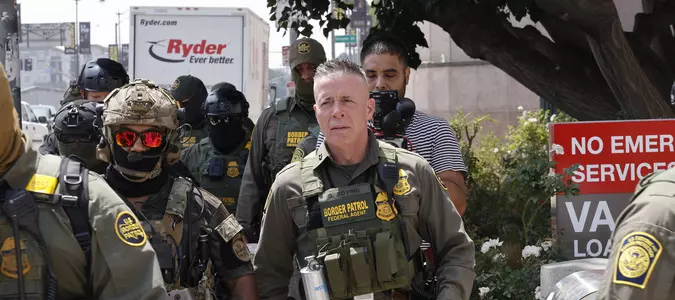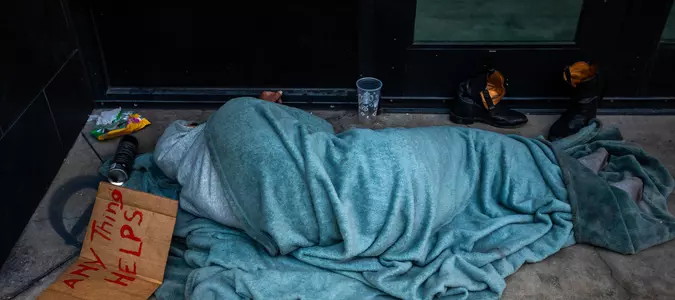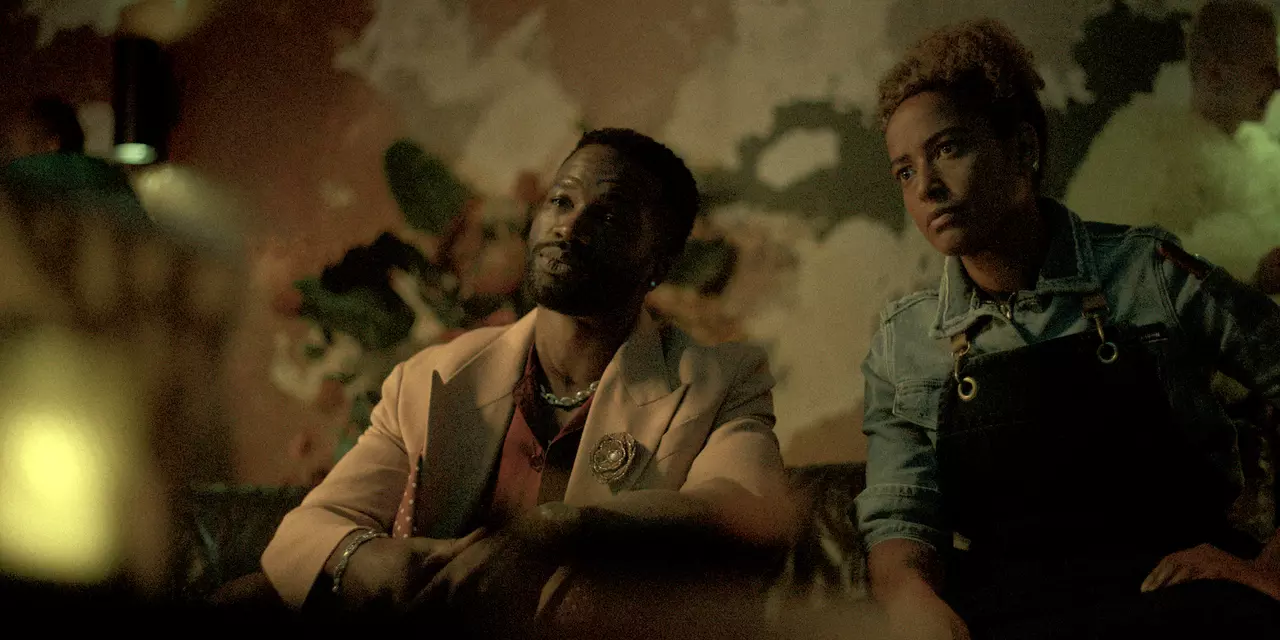

Review: In 'Black Rabbit,' Jason Bateman and Jude Law are brothers on the brink of disaster
Far be it from me to tell anyone how to direct their career, but can I just say how glad I am to learn that Jason Bateman, who spent four seasons in the darkness of "Ozark," is making a comedy again. (A "dark comedy," but still.) That's not the series he's starring in at the moment for Netflix, however, but something called "DTF St. Louis," for HBO, from "Patriot" creator Steve Conrad, which ...

Ṣọpẹ́ Dìrísù, left, as Wes, a co-owner of the Black Rabbit, and Amaka Okafor as Roxie, the head chef.
NETFLIX/TNS
Far be it from me to tell anyone how to direct their career, but can I just say how glad I am to learn that Jason Bateman, who spent four seasons in the darkness of "Ozark," is making a comedy again. (A "dark comedy," but still.) That's not the series he's starring in at the moment for Netflix, however, but something called "DTF St. Louis," for HBO, from "Patriot" creator Steve Conrad, which isn't arriving until next year. Fingers crossed, we'll all be around to see it.
In the eight-episode miniseries "Black Rabbit," which premiered Thursday, Bateman and Jude Law play brothers Vince and Jake Friedkin, respectively, who long before the story begins were partners in a rock band, the Black Rabbits — successful enough that Vince is recognized in a bar (but not so successful that the fans can remember his name, or the name of the band). More recently, they had been partners in a far downtown Manhattan restaurant, also called Black Rabbit, though Vince's level of current participation is muddy. (At one time, he ran the upstairs bar.) It isn't a comedy, in spite of Vince's Michael Bluth-like habit of dropping ironic quips into stressful situations.
The setting brings to mind "The Bear" — which is a comedy — as does its young genius chef, Roxie (Amaka Okafor); the New York Times is planning a review and New York magazine is putting her on the cover. We see that the restaurant, which has a VIP floor upstairs for horrible rich jerks, is a hit because the place is packed, and because there's a lot of shouting in the barely pictured kitchen, but food, barely shown or talked about, is not really on the menu here. Jake is more interested in property and expansion — he has an inside track to lease the Pool Room, a real-life space in New York's fabled Four Seasons Hotel, and he wants Roxie to run the kitchen and Estelle (Cleopatra Coleman), who is in a relationship with his old friend Wes (Ṣọpẹ́ Dìrísù) — now a mega successful musician, a co-owner of the Black Rabbit and a jealous guy — to design it. From camera angles and cutting, it's clear that Vince and Estelle are attracted to one another, but as Law and Coleman have no particular chemistry, it feels more stated than felt. But it's important.
Vince, meanwhile, is living out west, looking like he's ready to audition for a late-life Dennis Wilson biopic and trying to sell some valuable old coins. When he's set up and robbed in his car, he winds up running over one of the thieves — twice. Whether by writerly intention or inattention, this will be no more of an emotional issue for Vince than it will have anything to do with the rest of the story, apart from sending him back to NYC, where he is $140,000 in the hole over gambling debts. Whenever he's not in actual danger (which is a lot of the time), he's weirdly happy-go-lucky.
Jake has a well-to-do ex-wife, Val (Dagmara Dominczyk), who seems nice, and a son, Hunter (Michael Cash), taking dancing lessons. They all get along fine, though Jake battles that most common of TV paternal ailments, Busy Dad Syndrome. (He does better than most.) Vince has an adult daughter, tattoo artist Gen (Odessa Young), who is not especially glad to see him back in town. Their safety will become a chip in the series' central business, which sets Vince, and ultimately Jake, against vaguely defined mobster Joe Mancuso (Oscar-winning deaf actor Troy Kotsur, from the film "CODA," in one of the series' more layered performances); his sweaty idiot caricature of a wannabe tough guy son, Junior (Forrest Weber); and Junior's less-than-efficient minder, Babbitt (Chris Coy), who is occasionally sort of likable, albeit one feels bad for sort of liking him. In the small world these characters inhabit, Mancuso was close to the brothers' dysfunctional family back in Coney Island. But business is business.
Like most every streaming drama nowadays, "Black Rabbit" opens with a flash forward to a more exciting part of the story — here, a robbery and shooting at a crowded party — before dialing back to a calmer chronological beginning. This lets the viewer know that, though there is going to be exposition for a while, things will get crazy eventually. And they very much do, including sexual assault, murder and bad management.
Jake, chasing his Pool Room dream, has his own money troubles, and the brothers' needs will clash as one scheme after another to set things right goes wrong and their relationship rockets between heated arguments and brotherly reminiscence. It's too easy to stop listening to the arguments, which tend to go long and not lead anywhere, but there is some relief (and nice writing) as regards the reminiscence. Still, though later episodes will reveal an early event that might explain something about Vince, it's not enough to make one care especially what happens to them, except to worry which innocent bystanders, including the Black Rabbit staff, will be hit by shrapnel when things go boom.
...
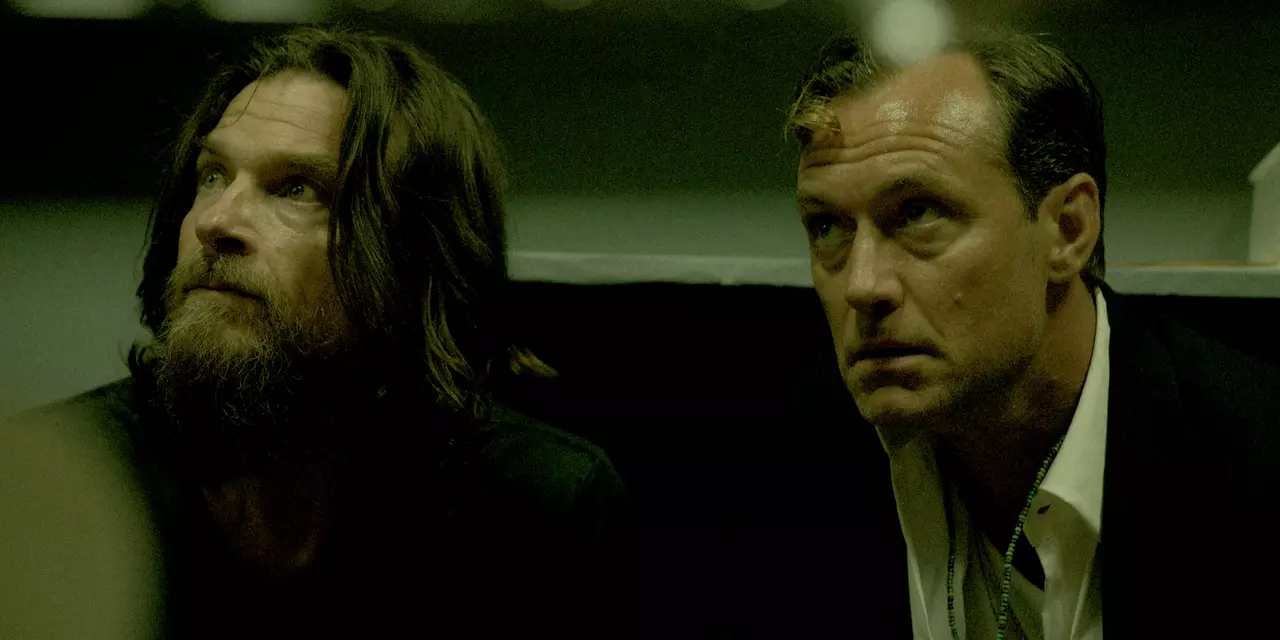
Jason Bateman, left, and Jude Law in Netflix’s limited series “Black Rabbit.”
NETFLIX/TNS
A large secondary and sometimes confusing cast comes in and out to propel and complicate matters, but it's really all about the brothers. As Vince, Bateman — who also directed the first two episodes, efficiently, with "Ozark" co-star Laura Linney helming the second two — leavens an exasperating character with his innate likability. He's a fine actor, but he's also Jason Bateman, America's sweetheart. By contrast, as the tense, excitable Jake, Law doesn't generate much warmth, or make you believe he's actually capable of opening a high-class midtown restaurant. (The funky but chic Black Rabbit was Vince's vision.) That may be the idea, of course. And he does love his brother.
There are only so many ways this story can go, and it does indeed go to one of them, though it's so likely by the time we get there that it doesn't deliver much of an emotional charge. An epilogical montage, in a complete tonal turnaround, plays like an homage to the opening of Woody Allen's "Manhattan," cut to Rodgers and Hart's "I'll Take Manhattan"; its only purpose seems to be to make you less bad than you might have otherwise felt. (Hey, Katz's Delicatessen!) So … thanks?
Meanwhile — "DTF St. Louis!" See you next year! Knock wood.
———
'BLACK RABBIT'
Rating: TV-MA
How to watch: Netflix
———
